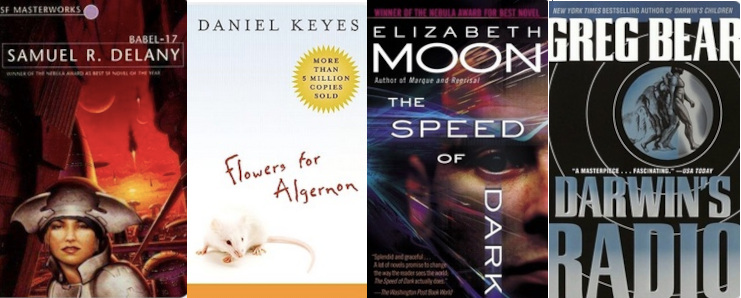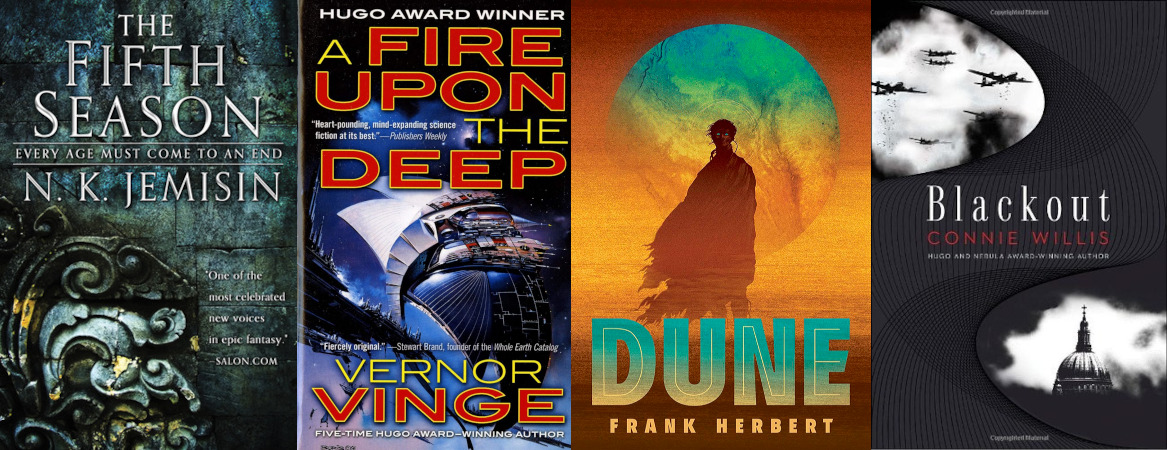Published: Mar 3, 2023 by Steve Baskauf
Vanderbilt Libraries Wikimedians have achieved another milestone by completing the upload of all publications of the 41 faculty in the Divinity School to Wikidata. This includes over 2800 scholarly works including books, book chapters, journal articles, and encyclopedia entries. Achieving this level of completeness for an entire academic unit at a major university is unusual.
This Wikidata work grew out of early efforts in 2019 by Elisabeth Shook and Steve Baskauf of the Vanderbilt Libraries’ Digital Scholarship and Communication (DiSC) office. Elisabeth did early property modeling of Divinity Publications and Steve uploaded all of the Vanderbilt faculty in his initial VanderBot project. Uploading Vanderbilt faculty publications began in earnest in 2020 with the Libraries’ VandyCite pandemic project coordinated by Cliff Anderson. Project participants Charlotte Lew, Greg Weldy, Jeff Taylor, and Marymae Jansson each made thousands of edits – creating many publication items and completing items for nearly all publishers and journals focused on religion.
The Vanderbilt Divinity Library started the institutional repository project in 2014 to promote open access for faculty publications, and publication data have been collected and updated in a Zotero bibliographic database since then. In late 2021, Divinity Librarians Charlotte Lew and Chris Benda collaborated with Steve to upload the Divinity publications to Wikidata. The first step involved Steve creating a Python script to use data from the CrossRef API to retrieve publication data using DOIs. Over 400 publications were added to Wikidata by that method. That script was then adapted to use a spreadsheet export from the Zotero database as the data source. Over 2600 items were created using information directly from the database. (For complete statistics on the project, visit this page.) The Python script used to compile the data for upload was designed to be generalizable and to use any source of bibliometric data. When it is complete, it will be released for anyone to use.
Now that there is a nearly complete record of Divinity publications in Wikidata, tools like Scholia can be used to visualize the academic contributions of the Divinity Faculty. For example, the publications of Fernando Segovia can be visualized at https://scholia.toolforge.org/author/Q16122562. (The images on this page are taken from Scholia visualizations.) Because the Wikidata record includes publication types common in the humanities like books, book chapters, and encyclopedia entries that are often missed by bibliometric systems that are focused solely on journal articles, Scholia can give a more complete picture of a faculty member’s academic contributions. The publication data are also freely available to be queried. For example, a graduate student could query to find possible publication venues by finding the journals in which faculty publish the most articles.


